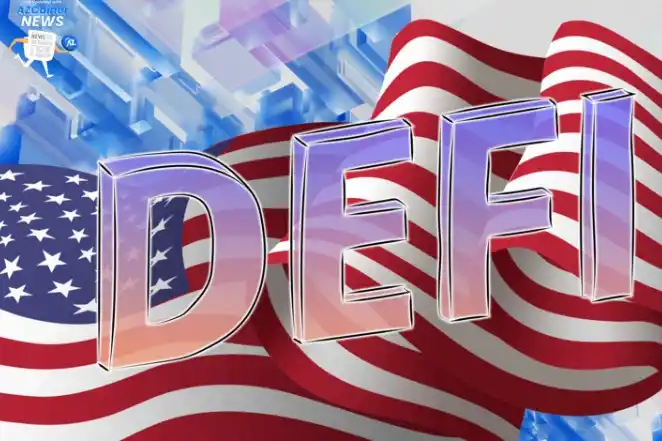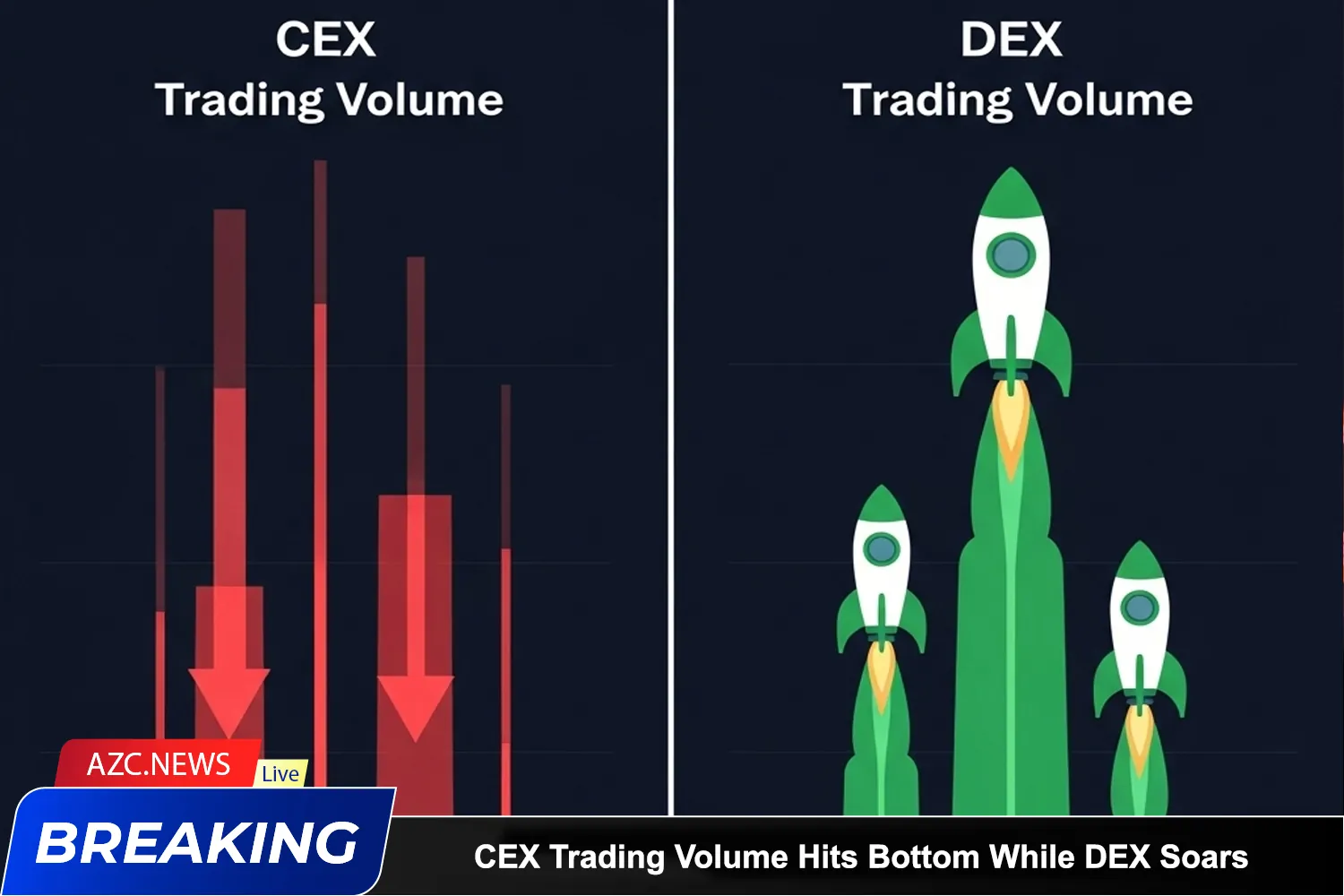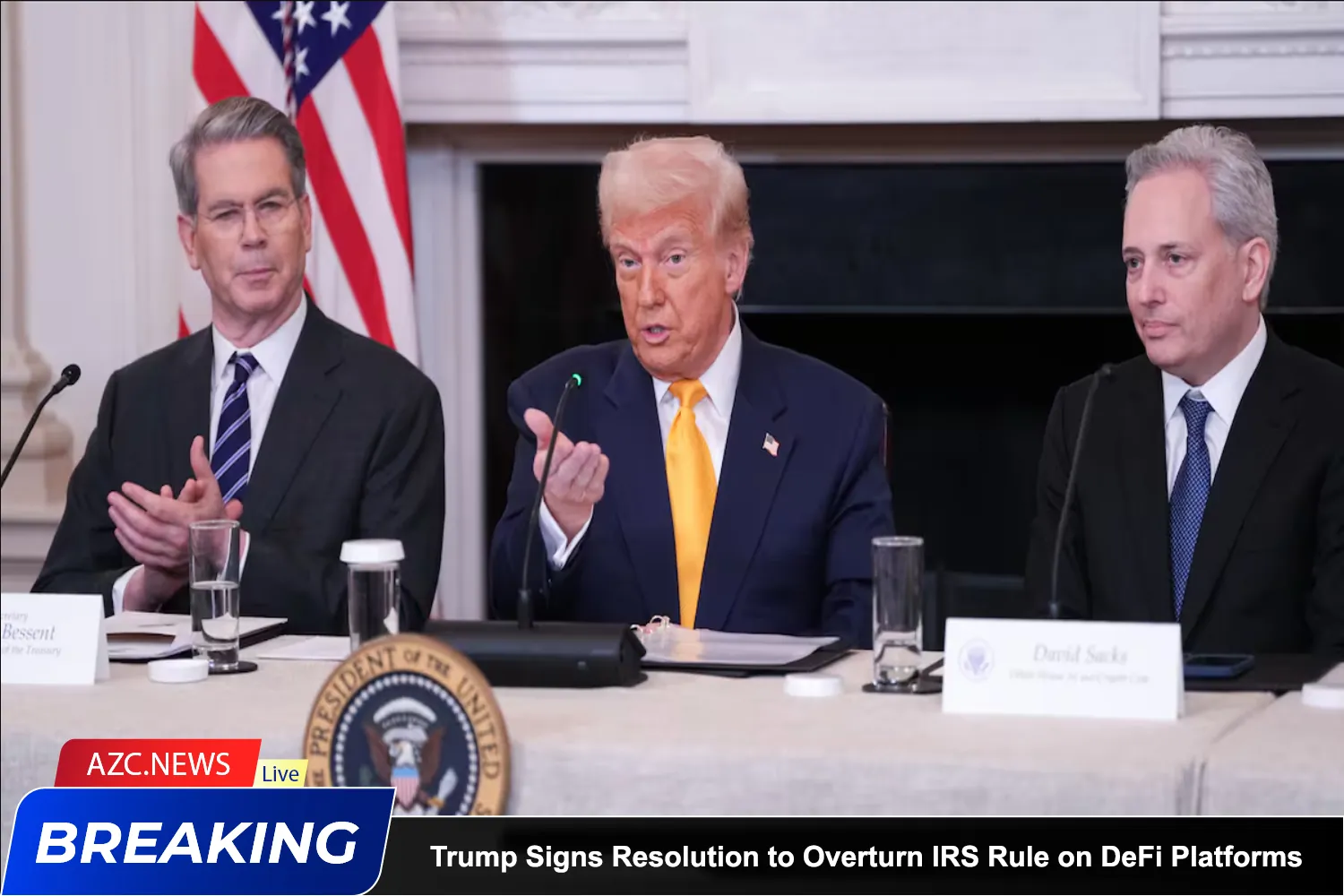The Blockchain Association has issued a stark warning that the future of decentralized finance (DeFi) in the United States hangs in the balance unless the Internal Revenue Service (IRS) revises its tax rules. In a passionate plea on Monday, the crypto lobbying group urged the IRS to reconsider its proposed redefinition of a single word, “broker,” within federal tax regulations, cautioning that failure to do so could spell the demise of American DeFi projects.
In a comprehensive 33-page commentary submitted to the IRS, the Blockchain Association articulated a compelling argument against the proposed change, emphasizing the potentially devastating impact on the U.S. DeFi industry.
The proposed alteration broadens the definition of “broker” to encompass any centralized crypto exchange operating in the U.S. or any crypto project facilitating the transfer of digital assets for others, directly or indirectly. Consequently, this would subject both American centralized exchanges and DeFi projects to the same reporting requirements as traditional bond and stock brokers.
The Blockchain Association contends that this regulatory standard is impractical and untenable for DeFi projects, asserting that it would force U.S.-based decentralized initiatives to relocate overseas or cease operations entirely. Marisa Tashman Coppel, senior counsel at the Blockchain Association, emphasized the gravity of the situation on Twitter, stating that the proposed change would necessitate centralization in instances where it is fundamentally absent.
Central to the Blockchain Association’s argument is the nature of DeFi, which aims to establish trustless financial systems by utilizing smart contracts and automation to prevent project creators from controlling or accessing users’ financial data. Linking wallet addresses to personal identities, as proposed by the IRS, would compromise user privacy on an unprecedented scale, comparable to exposing a lifetime of credit card transactions online.
As the IRS concludes its 74-day public comment period on the proposed rule, during which it received over 124,000 comments, the Blockchain Association remains cautiously optimistic. Marisa Tashman Coppel, who spoke at a public hearing on the matter, noted that IRS regulators seemed engaged and receptive to concerns regarding decentralized technology, NFTs, and stablecoins. However, she remains cautiously optimistic about the outcome of the proceedings.








